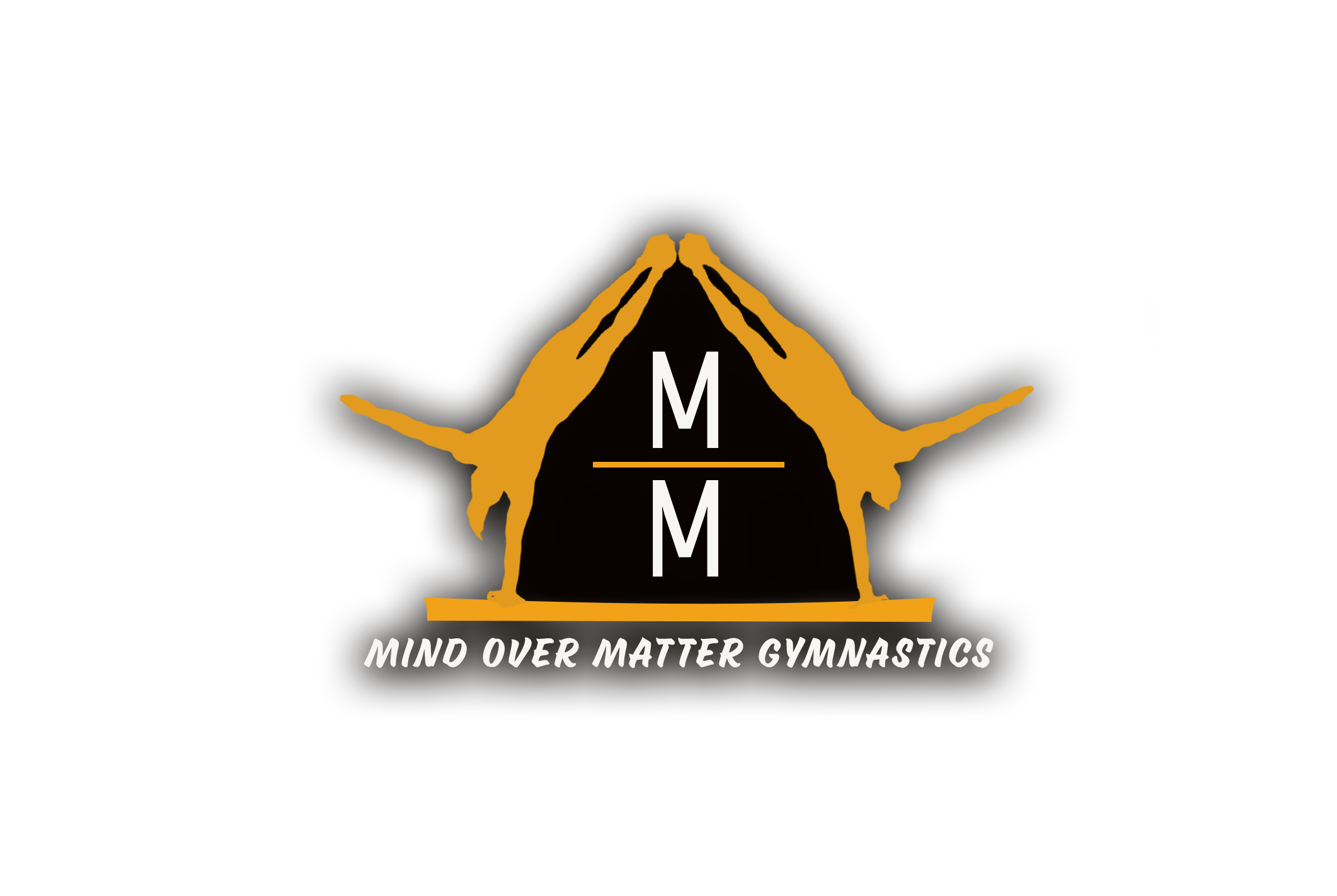Mental Performance Coaching
A more concentrated and focus driven technique to Mental Coaching. Designed specifically for athletes who need a little extra help in their mental game to be able to reach their full potential.
Ages 8+Just as athletes must focus on the physical and technical components of their sports, they also need to develop their mental skills in order to always perform at the best of their abilities.
Mental Performance Coaches work with athletes one on one or in groups to identify where their mental skills could use improvement. We then give these athletes tools and strategies that they can use in order to break through their mental barriers. This will not only maximize their potential in their sport, but in any challenge life may throw at them. Whether it’s in sports or in our daily lives, we want all our students to be mentally prepared to rise to challenges and overcome any adversity.
Below are some examples of specific mental skills and strategies that are taught by our Mental Performance Coaches:
-
Focusing is the ability to tune out distractions, negative thoughts, mistakes, excessive criticism, and crowd noise to immerse the athlete in the moment and focus only on what is happening in the present moment.
-
Confidence is the most profound contributor to performance. Confidence-building needs daily attention to feed and fuel the mind and body.
-
Motivation can be problematic during slumps or a long-season but necessary to continue moving forward despite obstacles and challenges.
-
Trusting in oneself and their abilities can help an athlete overcome tough obstacles. Trusting in your skills helps athletes take their practice game to competition and rely on what they trained so hard on for so long.
-
Visualization is mental preparation for the mind and body to function as one unit and mentally produce images of how you want to perform in the near future.
-
Relaxation is the ability to quiet the mind and body with just the right level of intensity or excitement to be ready for any challenge the day may present.
-
Expectations from parents, coaches and teammates can interfere with an athlete’s ability to perform. Managing expectations from others allows you to stay focused throughout your task.
-
After an injury, athletes may need help tolerating pain, adhering to their physical therapy regimen, getting back into action or adjusting to being sidelined.


